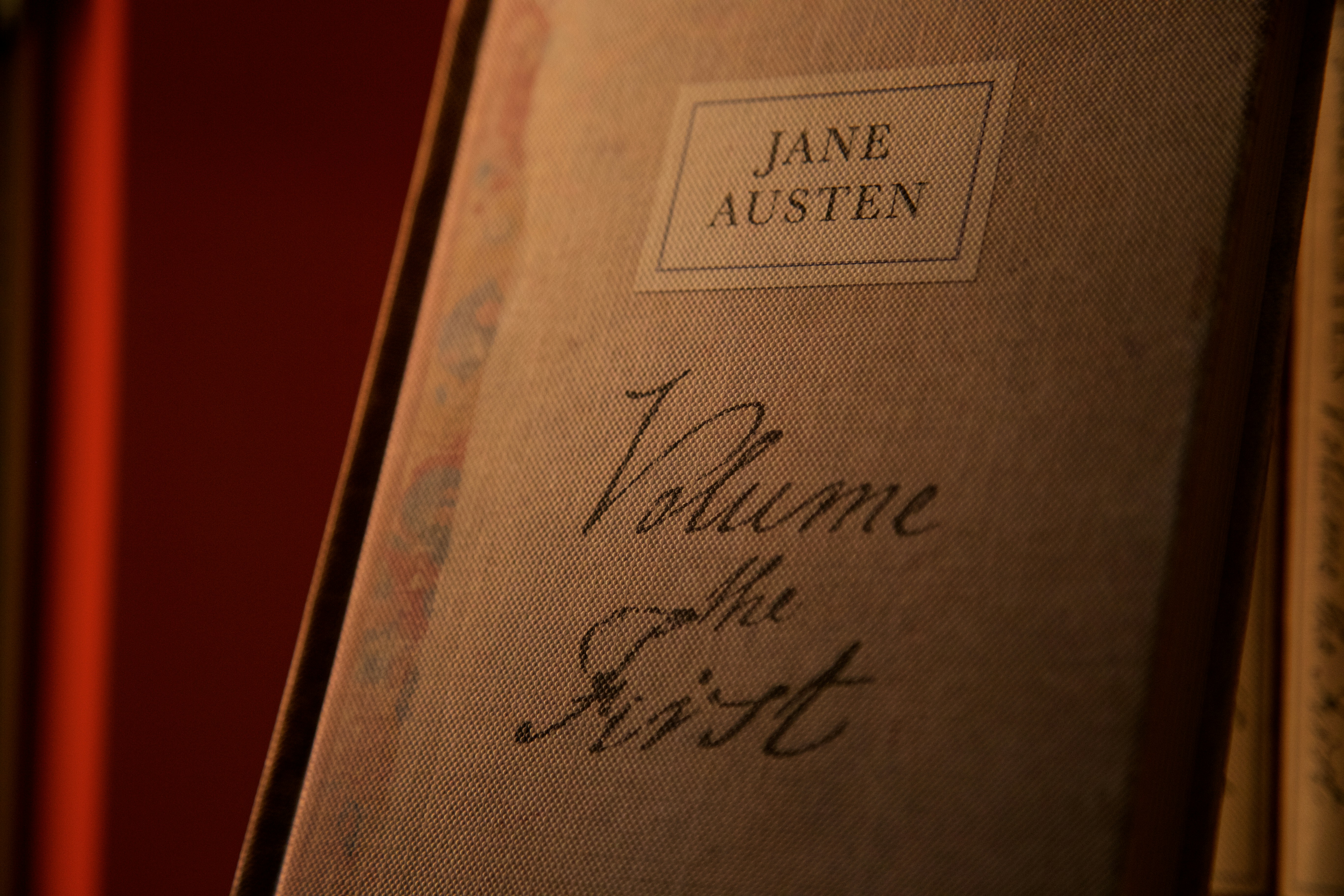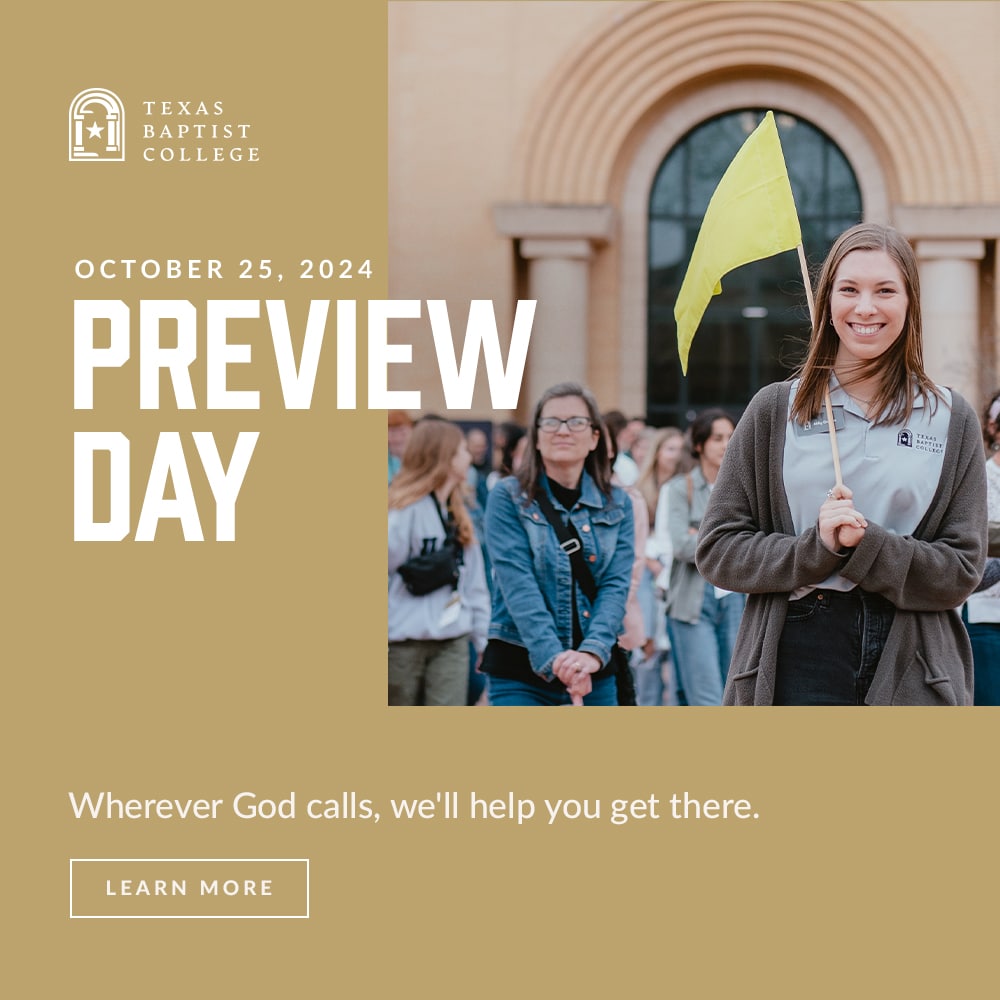Jane Austen: A Crash Course in Dating and Virtue

One of my favorite books to teach is undoubtedly Pride and Prejudice, especially when I have an all-boy class. I am not a glutton for punishment, nor do I enjoy torturing my students who would most likely rather run laps than read old, girly stuff. Early in my teaching career, I discovered that this book provides the perfect opportunity to help educate young men in the areas they are often lacking: dating etiquette and virtue.
Even students who come from solid families are taking in substantial doses of the internet that are having quite the impact on their values, moral codes, and who and how they choose to date. The once prescribed dating sequence has been dissolved by the ever changing technological social sphere, leaving young men and women to reinvent the wheel with every attempt to secure a “significant other.” It’s exhausting and confusing. If the purpose of education is to help students grow in virtue, the realm of dating is not excused from this. There is certainly a virtuous way to approach dating and an unvirtuous way. I see glimpses of what happens in the halls, so I might as well help them direct their efforts.
Having fictional relationships to analyze (like Darcy and Elizabeth) helps students to form healthy opinions about male/female dynamics, discuss freely without judgment on themselves or their peers, and understand the implications of major mistakes without having to make them. Afterall, one day they will grow up to be men “in want of a wife” as Austen puts it, so it only seems right to help prepare them for that time.
At the beginning of the novel, I make it clear to my students that we are going to be reading Austen less like an episode of The Bachelor and more like a case study of relationships—closely examining what works out, what does not, and what defines a “successful match.” This reframing helps them to adjust their expectations and engage in the text with a critical lens.
“Don’t Be Mr. Collins”
As a young reader, Mr. Collins inspired in me what kids now call “the ick.” However, teenage boys tend to react with a much stronger sense of empathy. They express a disdain for his pompous and relentless preaching and his constant boasting about Lady Catherine DeBourgh and a simultaneous pity for a guy who is trying his best. Rather than the female concern “How can I avoid Mr. Collins?”, their question is “How can I avoid being Mr. Collins?” Much to their surprise, the answer is to exercise the virtue of humility.
After gathering examples of the most uncomfortable interactions with Mr. Collins, I open the floor for a discussion on the source of the discomfort.
“It’s impossible to talk to Mr. Collins, he only ever talks about Lady Catherine!” a student might offer up.
“Mr. Collins can’t read a room to save his life!” one from the back might chime in.
In addition, Mr. Collins has an inflated sense of importance that gets him into trouble in large social gatherings where he acts above his rank, he rehearses compliments ahead of time (giving them a sense of insincerity), and he choiceably ignores things that do not agree with him. Though these might seem like harsh judgements, all of these are facts from the text. Many of these flaws could be remedied by adopting a spirit of humility.
The status flaunting, pious preaching, and stepping above his station could be remedied with an earnest humility. Even social awkwardness could benefit from the humble admission that mingling at parties might not be one’s strong suit. I turn the questioning back to the students: “What could you tell Mr. Collins that might help him be more successful interacting with women in the future? How might you kindly tell him what he’s doing wrong?” They are tasked with writing down how such advice could be offered without insulting him.
Rarely do I see a class made of solely young “Collins’”, but I regularly see the mistreatment of the few who might bear some resemblance. Some students need to learn how to improve their social graces through patience and humility, but most can stand to grow in compassion towards their fellow man and how to offer kind, tactful advice. It’s not just how Mr. Collins treats others, but how others choose to treat Mr. Collins.
The Head and the Heart
Austen wrote in a time when true companionate marriage was not necessarily the norm. According to Austen, a successful love match must make sense to the head and the heart. The type of romance she advocates for with her characters was radical for the early 1800’s, but the truth of her argument still rings true today. Having prudence and temperance in choosing a match is always relevant, and Austen provides plenty of examples of relationships that appeal to just the head, just the heart, and to both, creating a full spectrum to study. What should we consider when pursuing a relationship? And why must we listen to our heads and hearts?
Typically I will ask students to categorize couples from the novel into matches made by the “head,” “heart,”and both, and create a list of characteristics for each group. Consistently, they find that selections made by emotion alone will lack stability, breed insecurity, and risk “fizzling out” when one party is in a bad mood or makes a mistake.
Lydia and Wickham are clearly motivated by passion with absolutely no heed paid to practicality. Lydia fails to consider the repercussions of her actions with Wickham. Wickham thinks himself clever enough to have his fun and avoid commitment, but he is persuaded into marriage by financial incentive. Though their attraction is strong, Wickham clearly fails to recognize Lydia’s intense similarities to her mother, and the reader can imagine how the following years of their marriage will play out. This cautionary tale of hasty and imprudent coupling speaks loudly to any teenage boy.
Conversely, a match made by the head alone runs the risk of being a mere partnership that lacks the intimacy of a companionate marriage. Austen uses Charlotte and Collins to illustrate what practicality alone cannot provide. Charlotte marries to avoid being a burden to her parents, and Mr. Collins marries largely to appease Lady Catherine; while both of these reasons are valid reasons to wed, they are not necessarily reasons to wed each other. There is a very fundamental part of the human soul that longs to be desired, known, and chosen. A love connection that will sustain a couple through any hardships or misunderstandings is arguably more valuable than the ability of a romantic partner to benefit someone’s social status, financial gain, or other personal aspirations.
Only when the heart is open to freely choose and the head is satisfied by sensibility of the match can love and virtue flourish as it does for Jane, Bingley, Elizabeth, and Darcy. The byproduct of these integrated relationships is the freedom to grow in virtue. Rather than being blinded by love, Darcy and Elizabeth are blinded by, well, their pride and prejudice (hence the name). It is only when they overcome these vices that they are able to see the truth more clearly. In loving one another they grow in patience, humility, and compassion.
So many young people choose to date just for the sake of being in a relationship or simply because they experience an attraction. However, both of these circumstances lack the ability to call the couple to higher virtue, which according to Austen, is the measure of a “successful” relationship. Love and virtue go hand in hand.
Being a Man of Action
Finally, I encourage my students to follow Mr. Darcy’s example and become men of action. Darcy is renowned as being a man of few words, (which is great news for teenage boys who have far from mastered eloquent speech). But even more than avoiding verbal embarrassment, I would argue that one of the primary reasons Darcy still holds the heart of many readers is his thoughtfulness and proactiveness. As it turns out, his actions do speak louder than his words.
Rather than blurting out rebuttals to all of Elizabeth’s rebukes at his first proposal, he takes time to write a letter—a meditated and rational action that serves the interest of defending his character and bringing the truth into the light. When he hears that Wickham has run away with Lydia, he acts immediately because he cares for Elizabeth’s reputation that is on the line, but also because he feels the familiar sting of Wickham seducing his own sister. Darcy never boasts about his virtuous act because his motivation is not to prove his affection for Elizabeth—it is only to spare her the pain he himself had endured while protecting the reputation of her family.
Darcy’s efforts are often mistaken as a grand gesture, like Heath Ledger “sacrificing himself on the altar of dignity” as he sings on the bleachers in 10 Things I Hate About You, or Noah’s total restoration of Allie’s dream house in The Notebook. The grand gestures in romantic comedies serve to “win back” the girl because the boy desires her. Darcy is in no way trying to prove his love; he acts on his love by protecting Elizabeth with no ambition for personal gain. True love does not serve itself. He returns to Longbourne in the closing chapters only when he has reason to believe Elizabeth may have changed her mind. She is not a prize to be won.
This model of selfless, sacrificial love sets a high standard for young men. It communicates a type of care, fidelity, and steadfastness that is entirely independent of personal gratification. It is devoid of the “games” that relationship experts on TikTok encourage them to play. Even if my students don’t find this caliber of relationship in their high school years, I have hope that they will be a little more prepared to pursue love and the virtue it yields when their own Elizabeths come along.
Katie Lastowiecka
Katie Łastowiecka is a classical education advocate, presenter, and instructor specializing in upper level literature and drama. Currently, she is a freelance writer and instructor with Kepler Education. She holds a masters in education and a bachelors in English.











4 thoughts on “Jane Austen: A Crash Course in Dating and Virtue”
truly an excellent article from an excellent woman.
I’d love to be a fly on the wall for that class.
A wonderful article! I would have loved to audit the class. A wonderful way to teach and create a secure and safe class participation into very serious life challenges.
Beautifully written Katie! Your approach is ingenious and fresh in a confusing and dark time for our young people.
Thanks for being a positive advocate for romance and relationship.